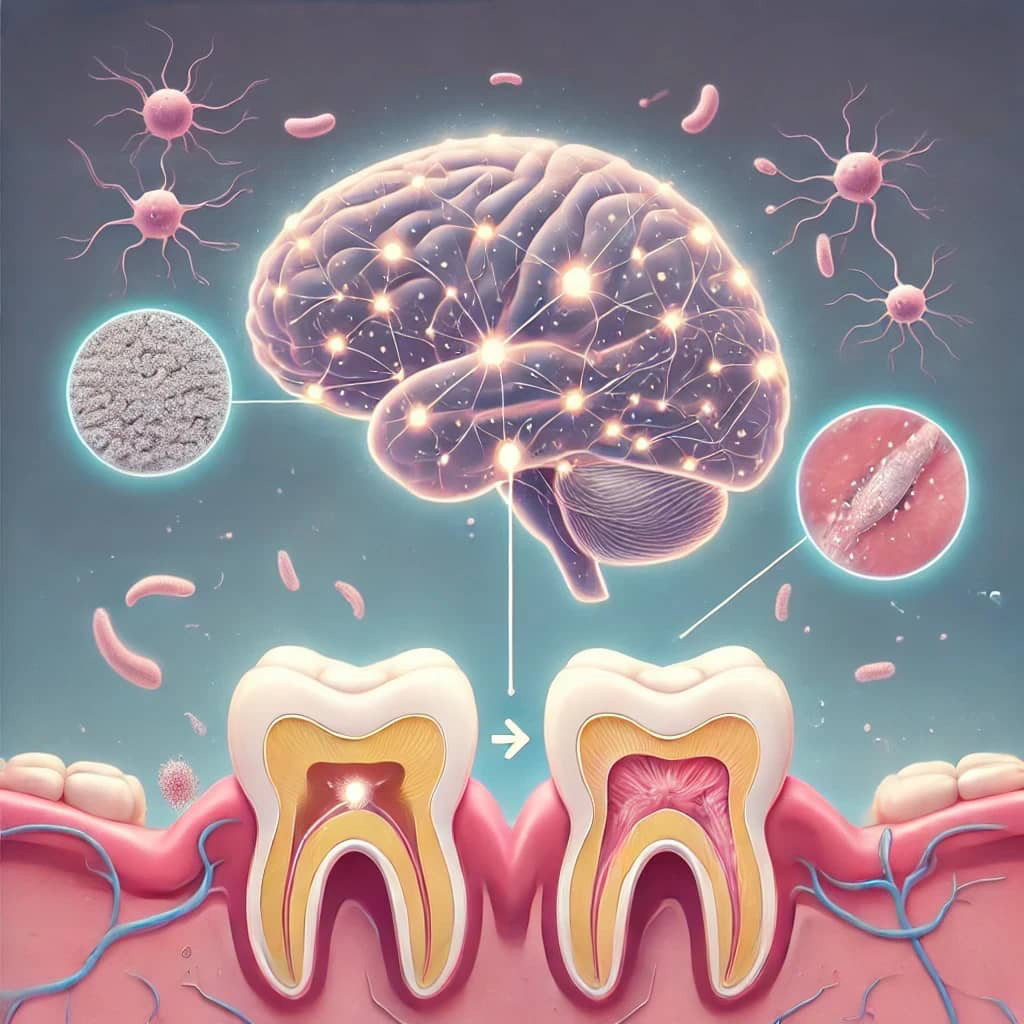
Recent research by the Forsyth Institute highlights a compelling connection between gum disease and Alzheimer's. The study reveals that oral bacteria associated with gum disease can travel to the brain, potentially accelerating the formation of amyloid plaques, a key marker in Alzheimer's disease progression.
Through experiments with lab mice, researchers demonstrated that oral bacteria can trigger an inflammatory response in brain cells called microglia, which are responsible for breaking down amyloid plaques. Exposure to these bacteria overstimulates the microglia, making them inefficient at their primary role, contributing to plaque buildup.
The researchers emphasize that the size of gum lesions, equivalent to the size of one’s palm, creates an open pathway for oral bacteria to enter the bloodstream and potentially reach the brain. Once in the brain, these bacteria can breach the blood-brain barrier, triggering inflammation and possibly contributing to neurodegeneration.
This study underscores the importance of oral health as a preventive measure against systemic diseases like Alzheimer's. Proper oral hygiene and controlling gum disease could be crucial steps in reducing the risk of neuroinflammation and cognitive decline.
Dr. Kantarci, a senior scientist at Forsyth, believes these findings could shape targeted strategies for Alzheimer’s prevention. He highlights that the health of our mouth is deeply connected to our brain, and neglecting oral inflammation may impact the brain’s long-term health.

